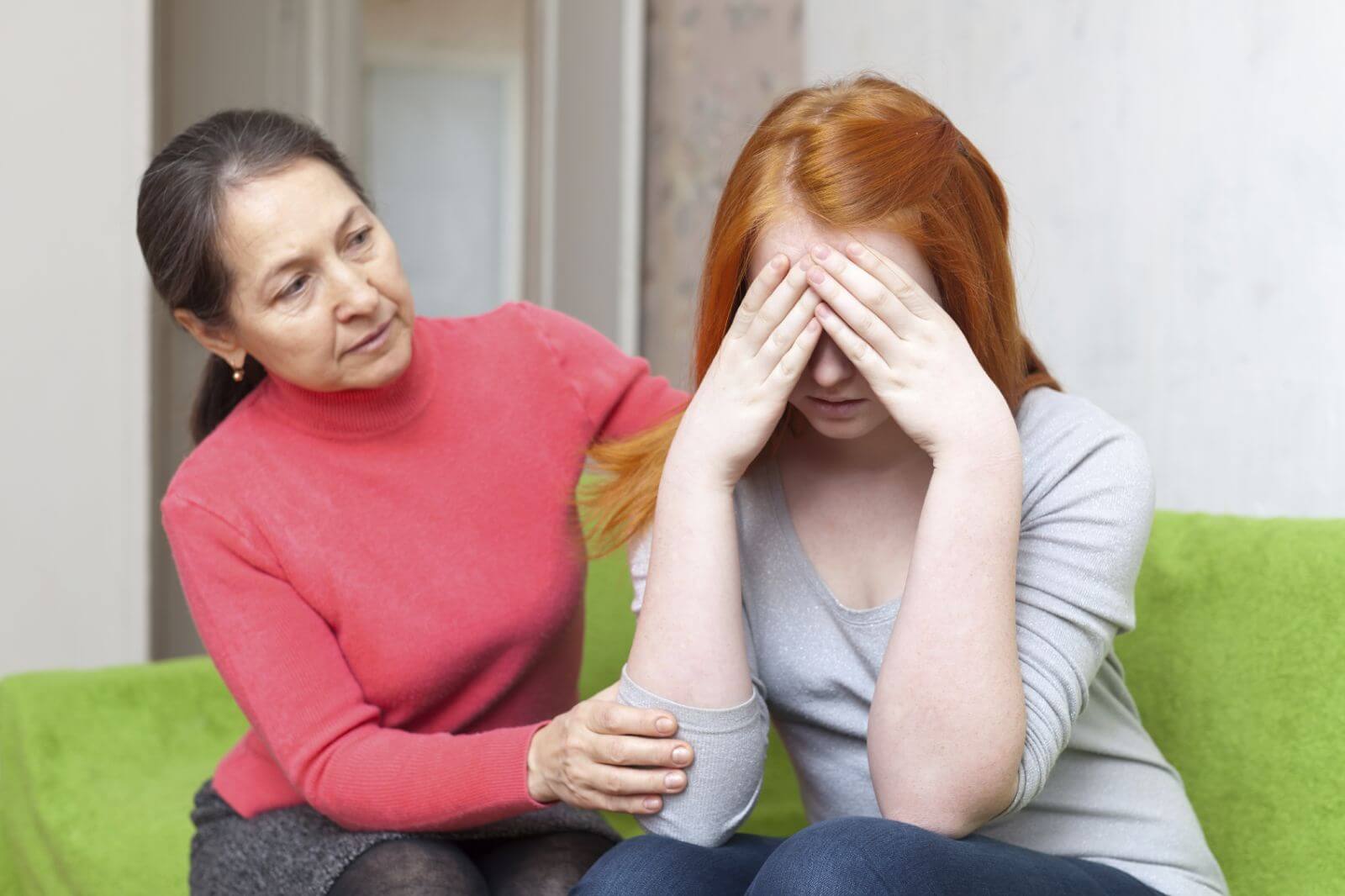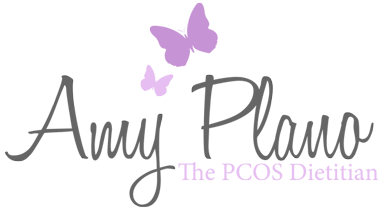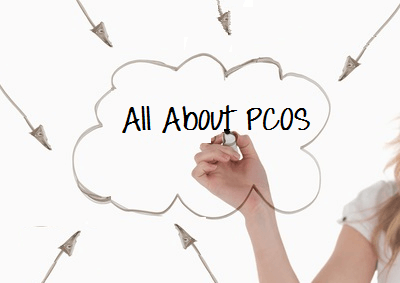
Which factors increase a woman’s risk of infertility?
What increases a woman’s risk of infertility?
PCOS isn’t the only culprit that can increase a woman’s risk of infertility. Many health and lifestyle factors can negatively impact a woman’s ability to have a baby, or heighten the risk of infertility. Some of these include:
- Age
- Smoking
- Excess alcohol use
- Stress
- Poor diet
- Athletic training
- Being overweight or underweight
- Sexually transmitted infections (STIs)
- Health problems that cause hormonal changes, such as polycystic ovarian syndrome and primary ovarian insufficiency
How can women reduce the risk of infertility?
For many women, the good news is that lowering the risk of infertility is in our control, including quitting smoking, reducing or cutting out alcohol altogether, lowering stress levers, and making dietary changes to ensure proper nutrition.
Unfortunately, factors such as polycystic ovarian syndrome (PCOS) and other hormonal changes aren’t in our control. But that doesn’t mean that your chances of getting pregnant are gone for good.
On the contrary.
If you have polycystic ovarian syndrome (PCOS) and are hoping to become pregnant, there are plenty of lifestyle changes you can make to reduce the risk of infertility. Talk to your doctor, and contact me today for fully customized nutrition plans and personalized lifestyle changes.
Together we’ll get your life with PCOS back on track.

